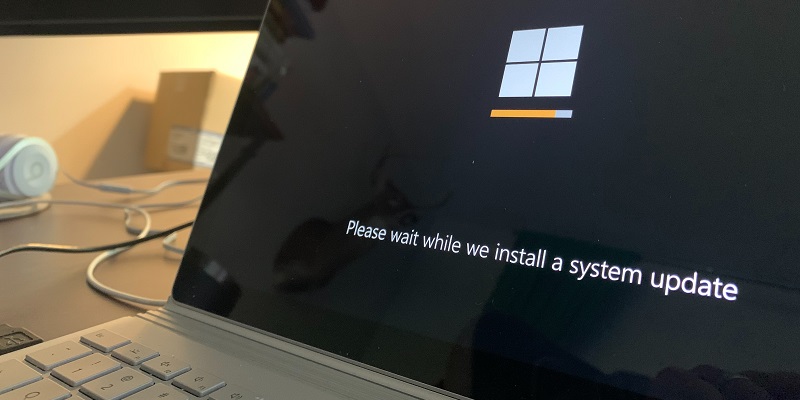Windows Server 2012 users are faced with a critical decision as the end of support approaches. With only two viable options available – upgrading to Windows Server 2022 or purchasing Extended Security Updates (ESUs) – it is crucial for organizations to make an informed choice. This article serves as a comprehensive guide, providing insights into end of support awareness, specific end dates, consequences of the end of support, alternatives, and the importance of staying updated.
The End of Support Awareness
As the clock ticks closer to the end of support for Windows Server 2012, it is essential to acknowledge that the news of this impending change has not taken everyone by surprise. However, there will undoubtedly be users who are blissfully unaware that they have just received their last free update. It is crucial for organizations to be proactive and take necessary measures to protect their systems.
End dates for Windows Server 2012 and Windows Server 2012 R2
The journey for Windows Server 2012 and Windows Server 2012 R2 is set to conclude on October 10, 2023. After this date, these products will no longer receive security updates, non-security updates, bug fixes, technical support, or online technical content updates. Organizations must be ready to adapt to this change and explore alternatives that offer ongoing support.
Consequences of the end of support
The end of support brings forth a range of repercussions for systems still running Windows Server 2012. Without security updates and bug fixes, organizations become vulnerable to emerging threats. Technical support becomes limited, making it challenging to address any issues that may arise. Additionally, the absence of online technical content updates hampers the learning curve for IT professionals, putting organizations at a disadvantage.
Extended Security Updates (ESUs)
For those unable to upgrade to the next version, Microsoft offers Extended Security Updates (ESUs) as a lifeline. ESUs provide security updates for up to three years, allowing organizations additional time to plan and execute a smooth transition. Although ESUs come at a cost, they provide a crucial bridge to maintain system security.
End of Support for Home and Pro Editions of Windows 11 21H2
Interestingly, the cut-off date for support for the Home and Pro editions of Windows 11 21H2 aligns with that of Windows Server 2012. The end date signifies that devices running these editions will no longer receive monthly security and preview updates containing protections from the latest security threats. It is imperative for users to take this into account when evaluating their system’s support status.
Consequences of the End of Support for Windows 11 21H2
As Windows 11 21H2 Home and Pro editions reach the end of support, devices operating on these editions will no longer benefit from monthly security updates. The absence of critical patches and preview updates can leave systems exposed to evolving cyber threats. Users must be aware of the potential risks associated with the lack of ongoing support and take appropriate actions to mitigate them.
End of Servicing for Enterprise, Education, IoT Enterprise, and Enterprise Multi-session Editions
Meanwhile, enterprise-centric editions of Windows 11 21H2, including Enterprise, Education, IoT Enterprise, and Enterprise multi-session, will enjoy extended servicing until October 8, 2024. However, organizations utilizing these editions should still consider a transition plan, keeping in mind the importance of ongoing support and security.
Automatic Feature Updates for Windows 11 devices
Microsoft understands the significance of staying updated for both consumer and non-managed business devices. To ensure device security and productivity, Windows Update will automatically initiate a feature update for Windows 11 devices, especially those at or near the end of servicing. This proactive approach aims to keep devices supported and receiving critical monthly updates that are vital to maintaining system security and ecosystem health.
Importance of Monthly Updates
Monthly updates play a pivotal role in safeguarding systems against emerging threats, addressing vulnerabilities, and improving overall system performance. By regularly installing updates, users can ensure their systems are fortified against the ever-evolving cyber landscape and maintain compatibility with the latest software and hardware.
As the end of support for Windows Server 2012 and Windows 10 Home and Pro editions nears, organizations must act swiftly to safeguard their systems and data. Whether by upgrading to the latest versions or leveraging Extended Security Updates, it is essential to prioritize ongoing support and security. By staying informed and taking the necessary steps, organizations can navigate this transition seamlessly, ensuring system resilience and protection in the face of emerging cyber threats.

